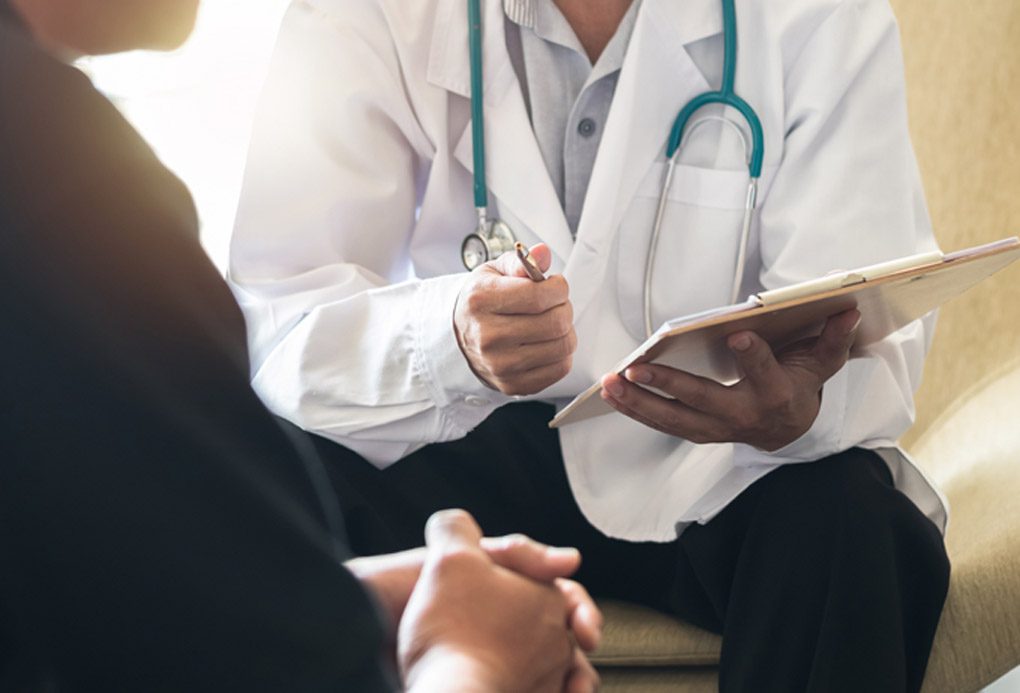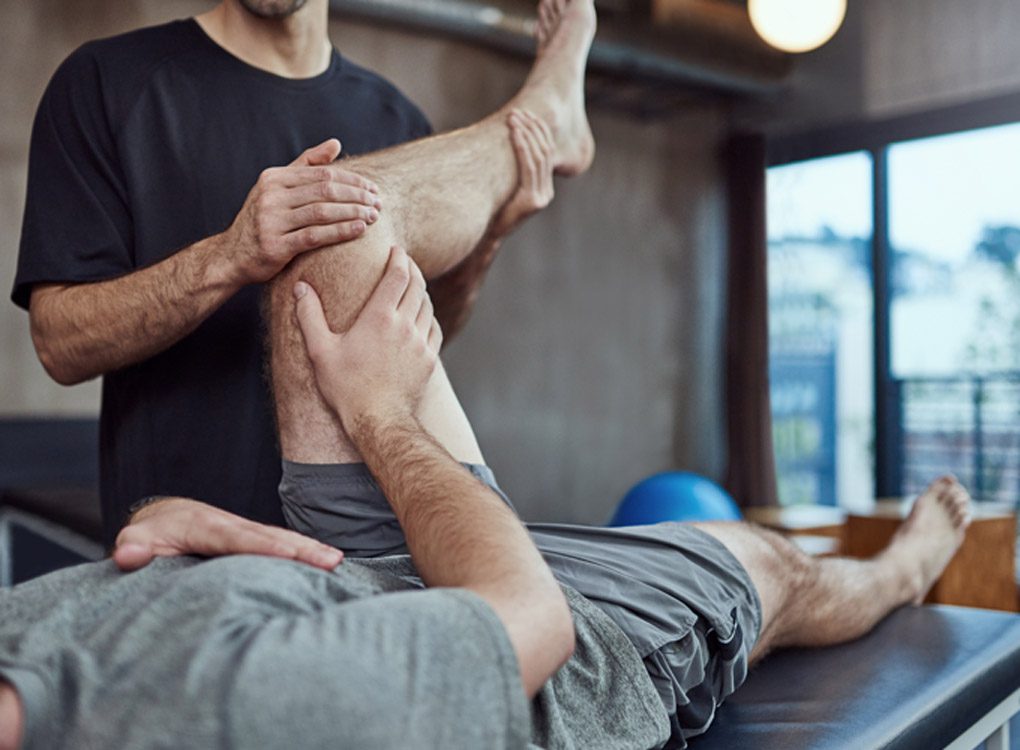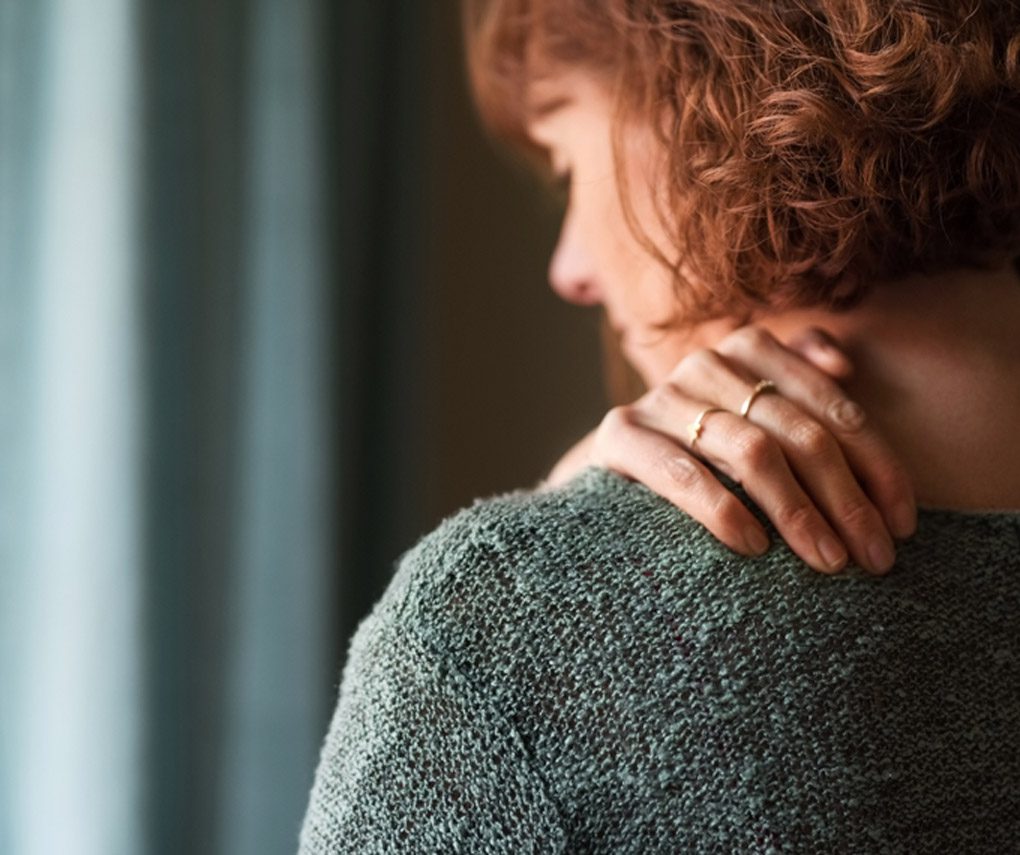A car accident can cause injuries to the neck, chest, shoulders, back, head, and muscles. Survivors of car accidents may need to visit a physical rehabilitation center in San Antonio to alleviate pain and other symptoms.
What is Muscle Pain?
Depending on the cause of the pain, muscle pain can feel like aching, cramping, stabbing, or burning. Patients will need to visit a personal injury doctor to obtain a diagnosis before they can receive treatment, such as physical therapy. Some patients may need to undergo imaging and blood tests, in addition to a physical examination.
Types of Muscle Pain
Localized muscle pain is defined as pain that is centered around one muscle or group of muscles.


Muscle strain. May be caused by injury, overuse, or sudden movement. Symptoms include swelling, a sharp or tearing sensation, or bruising.
Muscle cramps or spasms. An uncontrollable contraction or tightening of a muscle. Potential causes include muscle fatigue, dehydration, poor stretching technique, exercising in extreme heat, and depletion of salt and electrolytes.
Muscle contusion. May be caused by a direct blow to a muscle, crushing the muscle fibers and surrounding connective tissue. Symptoms include swelling, stiffness, weakness, discoloration, and a collection of blood around the injured muscle.
Myofascial pain syndrome. Pain disorder caused by trigger points within a muscle or group of muscles.
Compartment syndrome. Characterized by pressure build up within a part or group of muscles. Two types of compartment syndromes include:
- Acute compartment syndrome. Extreme and constant pain that develops suddenly. Characterized by a deep ache or burn. Neurological symptoms include numbness and tingling.
- Chronic compartment syndrome. Pain that begins gradually during exercise and resolves with rest.
How Pain is Diagnosed
During an appointment at a physical rehabilitation center in San Antonio, a physician will ask the patient the following questions:
- Did the muscle pain develop gradually or did it come on suddenly?
- Are you taking any medications?
- Are you experiencing any other symptoms, such as fever, headache, weight gain or loss, or fatigue?
- Have you noticed any muscle weakness?
- Does the muscle feel tender to the touch?
- Is there any swelling, redness, or warmth around the muscle?
- Press on various muscles to evaluate tenderness
- Inspect the skin and surrounding tissue for redness, swelling, warmth, or skin changes
- Check for trigger points

How to Relieve Pain
Until patients receive a diagnosis, they will be advised to follow the R.I.C.E. protocol:
- Rest. Rest the injured muscle(s) and avoid putting any pressure on it to help the inflammation subside.
- Ice. Apply an ice pack to the painful muscle for 15-minute intervals, every four to six hours.
- Compression. Wrap the sore muscle with a bandage.
- Elevation. Raise the affected muscle(s) above heart level.
If you’re experiencing pain after a car accident, be sure to call the best physical rehabilitation center in San Antonio for the care and treatment you deserve.
